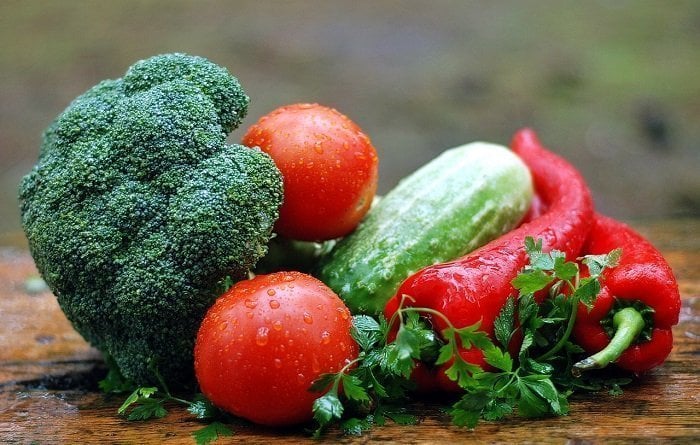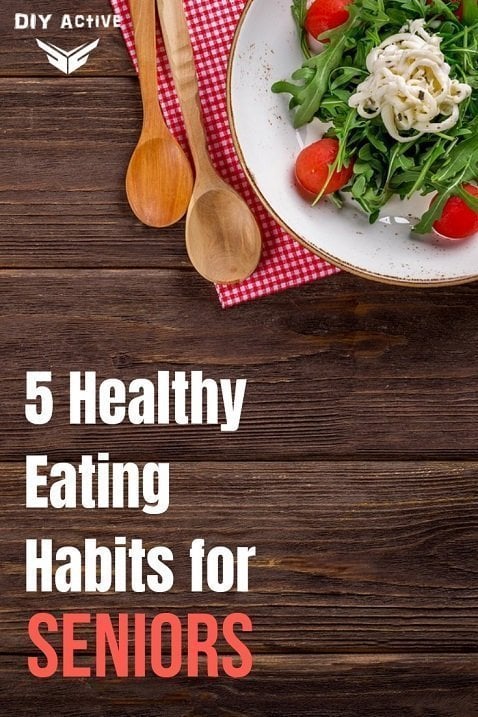
Simple Healthy Eating Habits for Seniors
Seniors need to eat healthy so that they can age gracefully and get protection against age-related illnesses. Healthy eating may also help to reduce the risk or help to manage chronic illnesses such as heart disease and diabetes. So what is the healthiest diet for seniors?
Healthy eating habits
Note that for a senior to afford to eat healthily, they need to have enough money left for food after utilizes, housing, insurance…etc.
It is with this view that affordable senior housing is provided so that seniors can spend less on housing and be left with more money for other needs.
Now let’s dive into our five healthy eating habits for seniors.
1. Eat a balanced diet
A balanced diet contains foods with the nutrients that your body needs to remain healthy.
Get into the habit of eating well-balanced meals that contain proteins, vitamins, minerals, fiber, and other nutrients. Reduce the intake of foods that contain processed sugars, salt, trans fats, and saturated fats.
Remember that poor nutrition can leave you susceptible to illnesses and be at risk of being underweight or overweight.
If you need to eat in between meals, or you are on the move, make sure that you only take healthy snacks such as fruits, nuts, and smoothies.
2. Choose food rich in nutrients
 Your appetite, nutritional needs, and food habits change as you grow older. Also, note that you may require fewer calories due to reduced physical activity. You may also lose your appetite and eat less.
Your appetite, nutritional needs, and food habits change as you grow older. Also, note that you may require fewer calories due to reduced physical activity. You may also lose your appetite and eat less.
Therefore, as you plan the foods to include in your diet, choose foods that are rich in nutrients.
Ensure that the diet contains enough nutrients and calories so that you don’t end up with health problems or be malnourished. The foods should contain proteins, vitamins, fats, carbohydrates, and minerals.
Eat vegetables, fruits, nuts, beans, whole grains, lean protein, low-fat dairy, seeds, and lentils.
Avoid foods that have low nutrients and high calories such as deep-fried foods, sweetened beverages, and processed foods.
3. Eat well-portioned plates
The types of food on your plate should be well-portioned. You should not take too much protein or too many vegetables.
One easy way to remember this is to divide your plate into four where fruits, vegetables, starch, and meat take a quarter of the space each.
Also, don’t have a too large plate that will cause you to overeat. Eat the recommended serving sizes.
You can even measure your serving size instead of relying on estimation to ensure you eat the correct amount of food and you get the required nutrients.
4. Plan meals in advance
When you plan your meals beforehand, you are making it easy to eat healthier. With a plan, you will know what ingredients to purchase, if it is for a whole week or a fortnight.
You will also save money and time since you won’t keep going to the grocery store as you buy in bulk.
Earlier planning also prevents you from preparing a rushed meal that may not meet all your nutritional requirements and you will also be less tempted to eat out.
5. Stay hydrated
You need to drink water regularly so that you can stay hydrated and remain healthy.
The recommended daily water intake is 8 glasses.
You can also eat foods that have high water content such as watermelons, cucumber, and celery to help you meet the daily water requirements.
Wrap-Up
These are really tips that anyone can use to become healthier! Just remember to consult your physician before making any big lifestyle changes!



